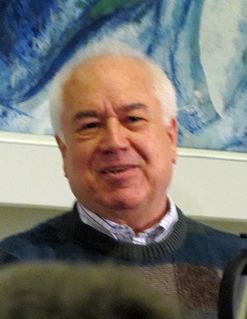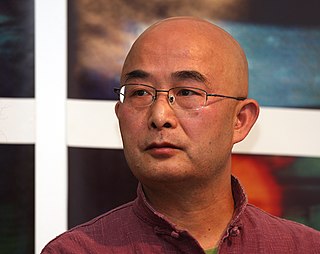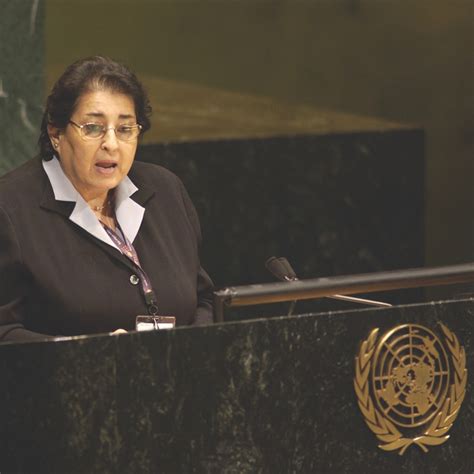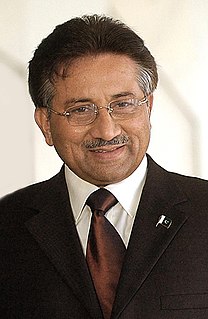A Quote by Wadah Khanfar
For me, Islam is a moral reference point, a source of inspiration to work collectively with people, to love people and to help them, to concentrate on universal values of mercy, co-operation and tolerance.
Related Quotes
I look to Islamic ethics to find something that can provide the basis for shared values with other traditions, and ultimately universal values. This ties into the point I made in a book, 'The Quest for Meaning', that the only way for values to be universal is if they are shared universal values. My main point is, in this quest for value the aim is not to express your distinctness from others, but about being able to contribute to the discussion of universal value.
The world of Islam is a world completely distinct from ours. Muslims have a different set of values. They look at the world through the contorted mirror of Islam and everything they see is warped. That is the only reality they know. Islam is their only point of reference. Therefore when they commit the most dastardly acts such as murder of school children, they genuinely don't know that what they are doing is evil.
Tolerance, openness to argument, openness to self-doubt, willingness to see other people's points of view - these are very liberal and enlightened values that people are right to hold, but we can't allow them to delude us to the point where we can't recognise people who are needlessly perpetrating human misery.
Genuine leadership is inherently moral. So the values chosen matter tremendously, and they must be values aligned with society (including the most universal statement of human values in history, the Universal Declaration of Human Rights, as well as clear values of sustainability evidenced in global declarations like the Stockholm and Rio Declarations.
Two years ago I was on the train from Berlin to Frankfurt when I heard that the Nobel Peace Prize had been awarded to my close friend, the writer Liu Xiaobo, who is imprisoned in China. To me it was confirmation that universal values and a moral code do exist, and that the point of the Nobel Prize is to encourage writers to stand up for this moral code. Last Thursday I was once again on the train from Berlin to Frankfurt when I heard that the Nobel Prize for Literature had gone to Mo Yan. He is a state poet. I am utterly bewildered. Do these universal values not exist after all?
The challenge for UNFPA is to help countries as we always have with no agenda of our own; with sensitivity towards unique cultural values; with an infinite willingness to work with whatever is positive; and with a determination to help countries and people turn universal principles into concrete action.









































